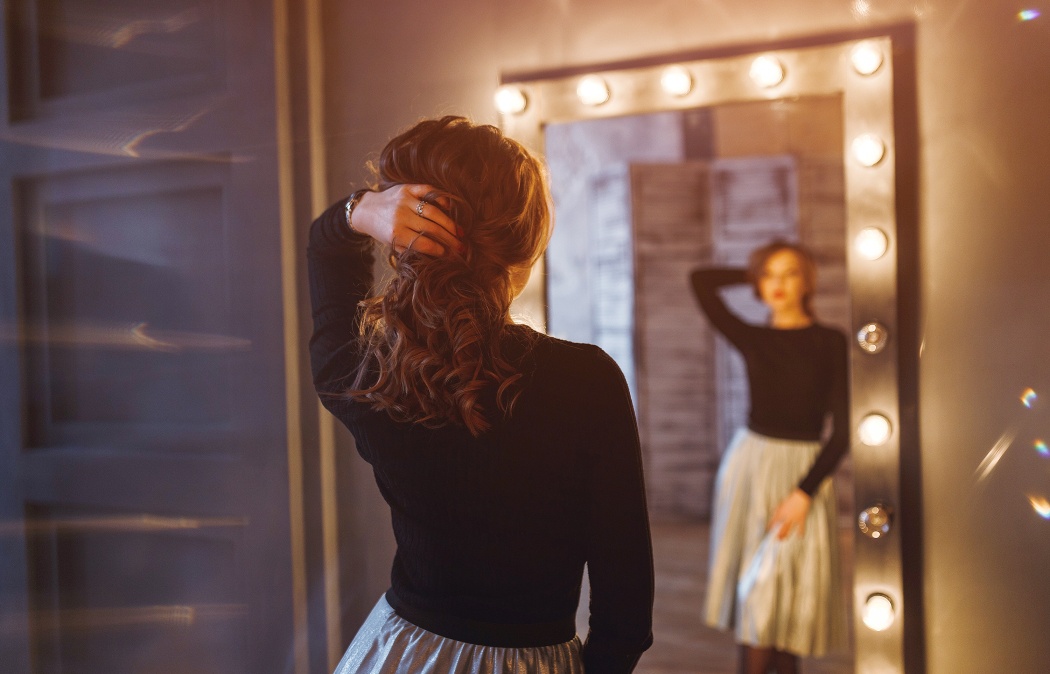
Body Image and Self-Esteem: Building a Positive Relationship with Your Body
In today’s society, the notion of body image and self-esteem plays a crucial role in shaping our perceptions of ourselves and the world around us. Understanding and nurturing a positive relationship with our physical appearance is vital for overall well-being and mental health. This article delves into the intricate dynamics of body image and self-esteem, exploring the impact of media, societal standards, and self-perception on how we feel about our bodies.
Key Takeaways:
- Essential Link: Positive body image and self-esteem are vital for well-being.
- Avoid Comparison: Comparing yourself to others harms self-esteem; focus on your uniqueness.
- Challenge Negativity: Combat negative thoughts to improve self-esteem.
- Celebrate Uniqueness: Emphasize your body’s beauty and uniqueness.
- Mental Picture: Body image is your mental perception of yourself.
- Boost Confidence: A positive body image boosts confidence and comfort.
- Acceptance is Key: Accept and appreciate your body for what it is.
Understanding Body Image
Body image refers to how we perceive and feel about our physical appearance. It encompasses our thoughts, beliefs, and attitudes toward our bodies, including body shape, size, and overall appearance. A healthy body image is essential for maintaining positive self-esteem and emotional well-being.
What is Body Image, and Why is it Important?
Body image is important because it influences our self-esteem and how we interact with the world. A positive body image can boost self-confidence and promote a sense of self-acceptance, while a negative body image may lead to feelings of inadequacy and dissatisfaction.
Factors Influencing Body Image Perception
Various factors influence our body image perception, including societal beauty standards, peer pressure, cultural ideals, and personal experiences. These influences can shape how we view ourselves and impact our self-esteem.
Impact of Media on Body Image
The media plays a significant role in shaping societal beauty standards and influencing how we perceive our bodies. Images portrayed in the media often promote unrealistic body ideals, leading to feelings of comparison, inadequacy, and low self-esteem.
Exploring Self-Esteem and Body Image Relationships
Self-esteem, which reflects our overall sense of self-worth and value, is closely intertwined with body image. How we feel about our bodies can significantly impact our self-esteem and vice versa. Developing a positive body image is essential for cultivating high self-esteem and cultivating a healthy self-perception.
How Does Self-Esteem Affect Body Image?
Self-esteem influences our body image by shaping how we perceive and feel about our physical appearance. Individuals with high self-esteem are more likely to have a positive body image and feel comfortable in their skin.
Building Self-Esteem to Improve Body Image
Improving self-esteem through self-care practices, positive affirmations, and seeking support can help enhance body image and promote self-acceptance. Building a strong sense of self-worth is crucial for developing a positive relationship with one’s body.
Healthy Self-Esteem vs. Unrealistic Body Standards
Distinguishing between healthy self-esteem and unrealistic body standards is essential for fostering a positive body image. Embracing individuality, unique body shapes, and self-compassion can counteract the negative effects of societal beauty norms.
Recognizing Negative Body Image
Negative body image manifests through distorted perceptions of one’s physical appearance and persistent dissatisfaction with body image. Recognizing the signs and symptoms of negative body image is crucial for addressing and overcoming harmful thought patterns.
Signs and Symptoms of Negative Body Image
Signs of negative body image may include:
- Constant comparison to others.
- Fixation of perceived flaws.
- Engaging in disordered eating habits.
- Experiencing low self-esteem.
These symptoms can have detrimental effects on mental and physical health.
Effects of Negative Body Image on Mental Health
Negative body image is associated with a higher risk of developing eating disorders, depression, anxiety, and body dysmorphia. It can also impact overall well-being, self-confidence, and interpersonal relationships.
Addressing and Overcoming Negative Body Image
To address negative body image, individuals can practice self-compassion, seek therapy or support groups, challenge negative thoughts, and work towards accepting their bodies as they are. Overcoming negative body image takes time, effort, and a commitment to self-care.
Promoting Positive Body Image
Promoting a positive body image involves celebrating diversity in body shapes and sizes, fostering self-compassion, and challenging societal beauty norms. Embracing individuality and self-acceptance is key to developing a healthy body image and boosting self-esteem.
Celebrating Diversity in Body Shapes and Sizes
Recognizing and appreciating diverse body types can help shift the focus from unrealistic beauty standards to inclusivity and acceptance. Embracing different body shapes promotes body positivity and enhances self-esteem.
Practicing Self-Compassion and Self-Acceptance
Cultivating self-compassion involves treating oneself with kindness, understanding, and acceptance. Embracing imperfections and practicing self-love can improve body image and foster a positive relationship with one’s physical appearance.
Challenging Societal Beauty Standards
Challenging societal beauty standards involves questioning unrealistic beauty ideals, advocating for body positivity, and promoting authenticity. By rejecting harmful beauty norms, individuals can empower themselves and others to embrace diversity and promote inclusive representations of beauty.
Nurturing Self-Esteem and Body Positivity
Nurturing self-esteem and body positivity involves:
- Embracing one’s unique physical appearance.
- Separating self-worth from physical attributes.
- Seeking professional help for body image concerns.
Learning to love and accept oneself is a transformative journey towards improved self-esteem and a positive body image.
Embracing Your Unique Physical Appearance
Embracing one’s unique features, body type, and characteristics can foster self-confidence and a sense of individuality. Celebrating personal attributes and strengths can enhance body positivity and boost self-esteem.
Detaching Self-Worth from Physical Attributes
Detaching self-worth from physical appearance involves valuing oneself for intrinsic qualities, such as kindness, resilience, and talents, rather than external beauty standards. Recognizing inner worth can lead to healthier self-esteem and a positive body image.
Seeking Professional Help for Body Image Concerns
For individuals struggling with body image issues, seeking support from mental health professionals, therapists, or support groups can provide valuable resources and guidance. Professional help can aid in overcoming negative body image patterns and fostering a more positive relationship with one’s body.
Conclusion: Body Image and Self-Esteem: Building a Positive Relationship with Your Body
Improving your body image and developing a positive relationship with your body is crucial for your self-esteem and overall well-being. The way you feel about your body can greatly impact your thoughts, feelings, and daily routine. By focusing on positive aspects of body image and not comparing yourself to others, you can start to make changes that will make you feel good. Engaging in physical activities and practicing self-care are great ways to improve your body image and boost your self-esteem. Remember, it’s unrealistic to strive for a “perfect” body size or compare yourself to others’ standards of beauty. By accepting and loving yourself as you are, you can cultivate higher levels of self-esteem and a positive body image.
FAQs
-
Body image refers to how you perceive your physical appearance, while self-esteem is the overall opinion you have about yourself. The two are closely interconnected because how you feel about your body can significantly impact your self-esteem.
-
To improve your body image and self-esteem, focus on positive aspects of your body and personality, practice self-care, surround yourself with supportive people, and challenge unrealistic beauty standards that may be contributing to negative thoughts.
-
Building a positive relationship between your body and self-esteem involves:
-
Practicing self-compassion.
-
Engaging in activities that make you feel good.
-
Accepting your body shape.
-
Prioritizing your mental and physical health.
-
-
Learning to love and appreciate your body involves:
-
Changing the way you think about your body.
-
Focusing on what your body can do rather than just how it looks.
-
Treating your body with kindness and respect.
-
-
Beauty standards set by society can have a significant impact on how we perceive ourselves and our bodies. Challenging these standards and embracing diverse representations of beauty can help improve body image and self-esteem.
-
Having a positive body image means accepting and appreciating your body as it is. This can boost your self-esteem by fostering a sense of self-worth and confidence in your own skin.
-
Negative body image can lead to mental health issues such as anxiety, depression, and body dysmorphia.
Posted on behalf of
416 N. Bedford Dr.
Beverly Hills, CA 90210
Phone: (213) 342-1026
[email protected]
Monday - Friday 8:00 AM – 8:00 PM

